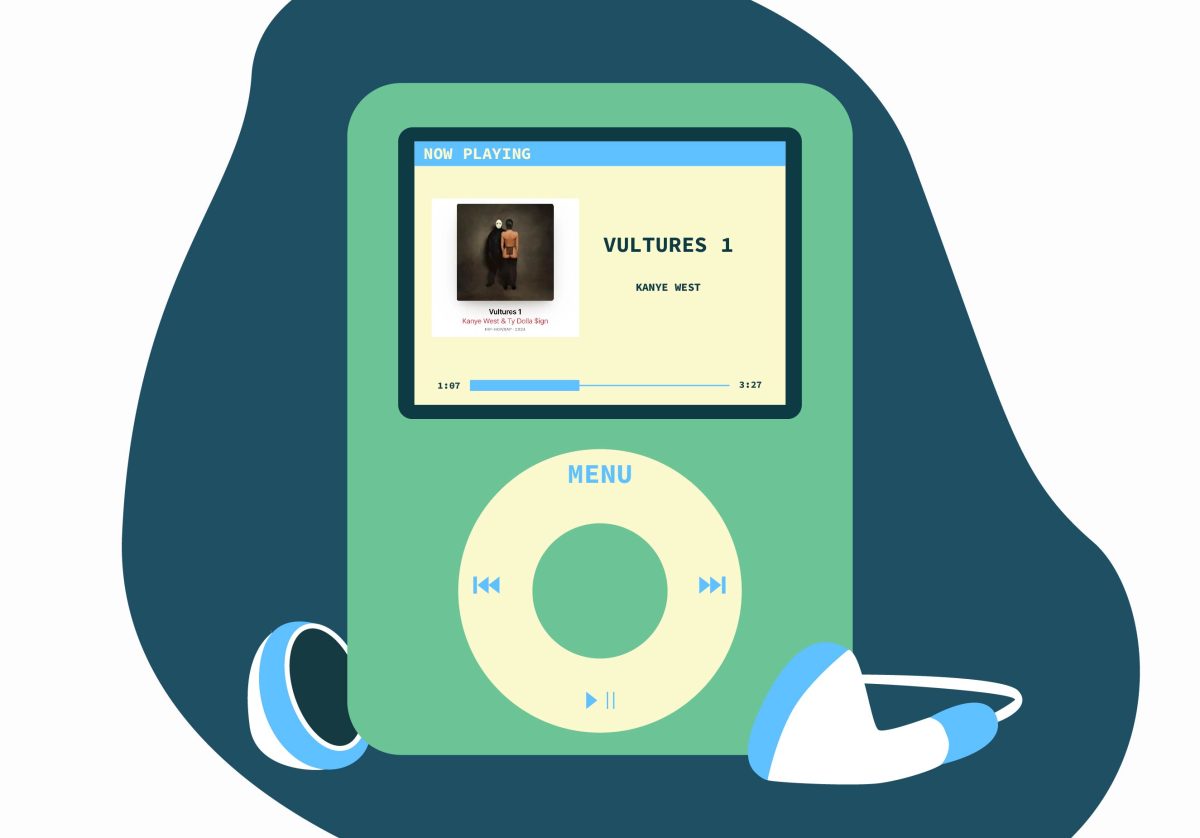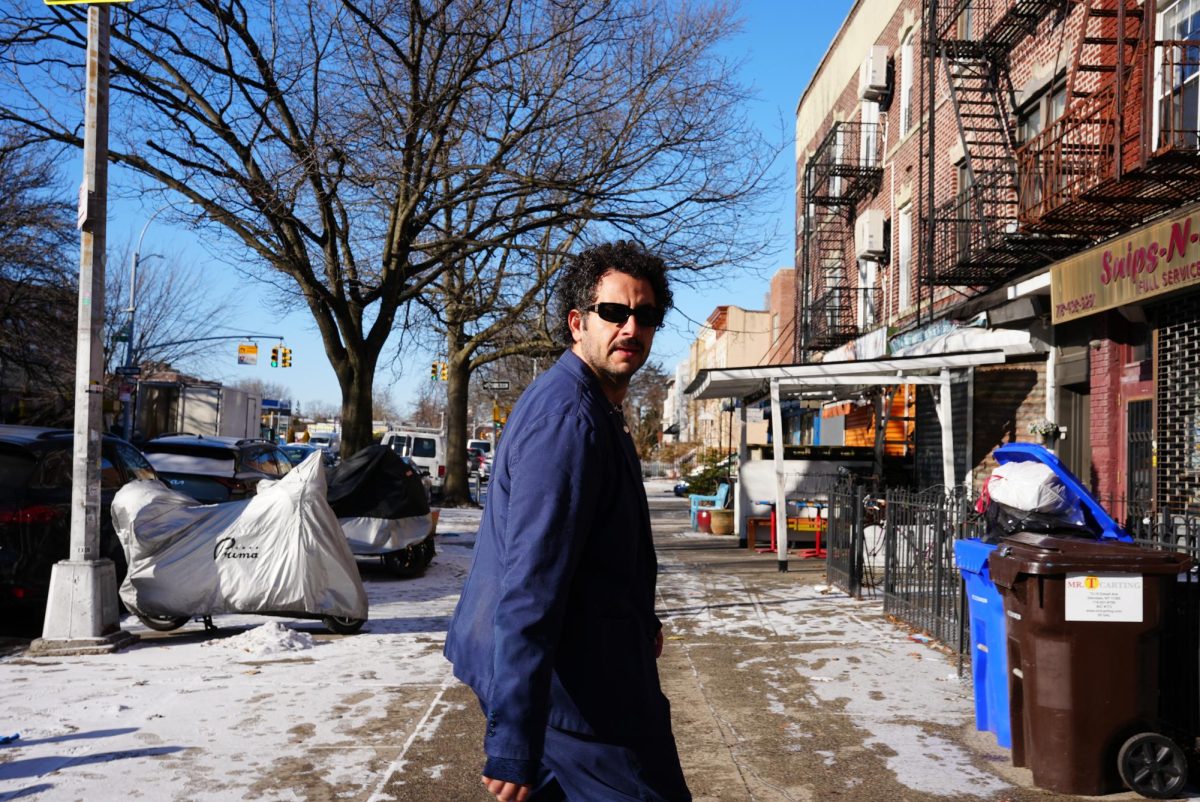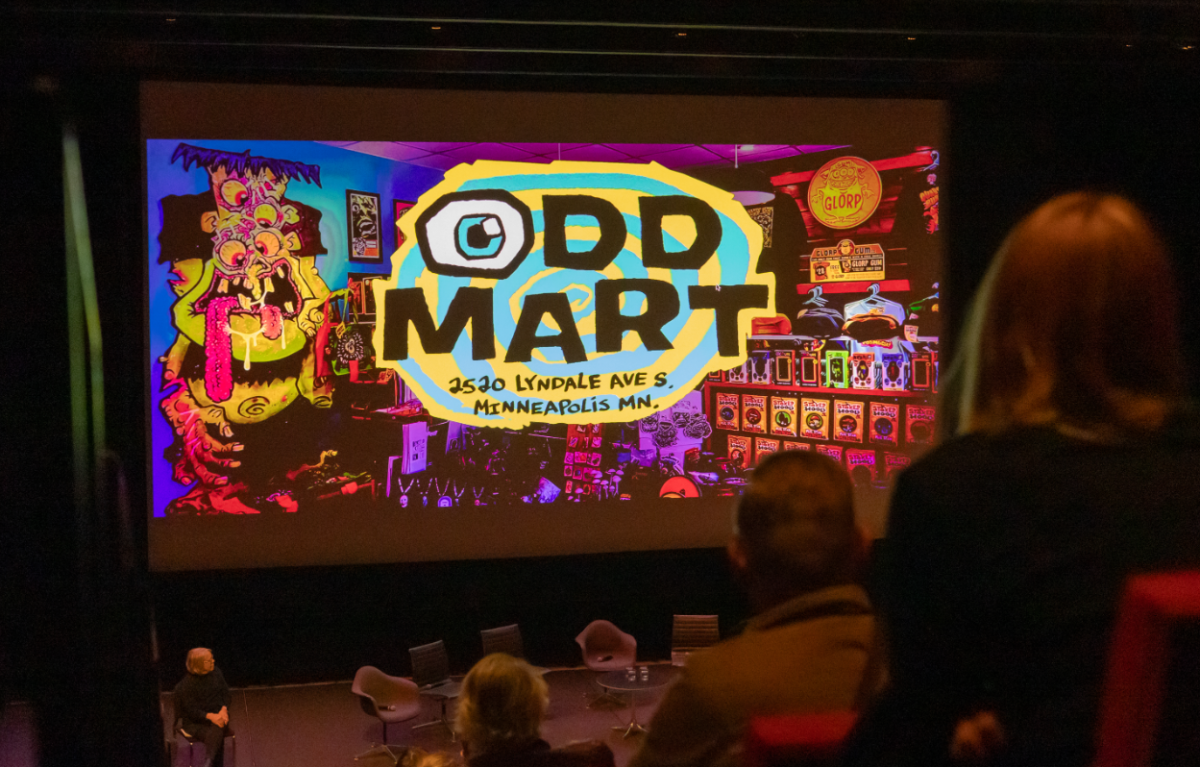Kanye West and Ty Dolla $ign released a new album, “Vultures 1,” on Friday.
This is the first album West has released since his divorce from Kim Kardashian and his later run of antisemitic comments.
Over a year ago West appeared on the right-wing talk show InfoWars, on which he said antisemitic comments. This was only a few months after tweeting he was “going death con 3 on Jewish people” and he “can’t be antisemitic because black people are actually jew also.”
This controversy is referenced heavily on the new album. Not even a minute into the first song on the album, “Stars,” West mentions that he “keeps a few Jews on the staff now.” On the title track, “Vultures,” he asks how he can be antisemitic if he has had relations with a Jewish girl.
West’s obsession with his own ego could be traced to his own self-image as a Christ-like figure. Later on “Carnival,” he claims he is the “new Jesus”, and “Hoodrat” ends with an audio clip of Mike Tyson calling West a leader, referencing his 2013 song “I Am A God.”
However, despite West’s clawing to stay in the spotlight, he is clearly past his prime. In the middle of “Carnival,” he includes a snippet of his song “Hell Of A Life,” and on “Problematic,” he recycles a lyric from “So Appalled.” Both of those songs were off his 2010 album “My Beautiful Dark Twisted Fantasy,” which many would point to as his best album.
While West is quick to take risks with his publicity, he is not taking the same musical risks that he would over a decade ago. The production on the album is solid but does not delve past any techniques he has not already used before.
One stand-out moment is when West’s daughter North West makes an appearance on the song “Talking.” This is likely a response to the song “My Man Freestyle” that Drake released earlier this year featuring his six-year-old son Adonis rapping about breaking his iPad and playing basketball. The two have a public rivalry despite being frequent collaborators in the past.
The second half of “Talking” has Ty Dolla $ign airing his anxieties about being a good father. Ty’s contribution to the album adds much-needed hooks and consistent verses. Without him the album would seem too eclectic to be a cohesive project, a problem that recent West releases have encountered.
Other stand-out moments are the Playboi Carti features on “Fuk Sumn” and “Carnival.” His verses are performed in a lower register, which is a new switch away from his “baby voice” that used to epitomize his music. Freddie Gibbs’ verse is also an excellent end to the song “Back To Me” and is arguably one of the best parts of the album.
The album is good but pales in comparison to West’s older albums. West’s fear of decline in the public eye may be what is fueling his perpetual lashing out, and his recent divorce sure is not helping.
West loves controversy. From early in his career he realized any publicity is good publicity. “Who’s not entertained by my pain,” he says on the song “Burn.” “Crazy, bipolar, antisemite, and I’m still the king,” he claims on the closing song “King.”
He also frequently associates himself with questionable celebrities throughout the album. On the song “Carnival” he claims that he is now “Ye-Kelly” and Bill Cosby, a reference to two celebrities who have been accused of sexual assault.
Later in the album, the song “Beg Forgiveness” heavily features Chris Brown singing about holding his head in shame. Fifteen years ago, Brown was charged for domestic violence against his then-girlfriend Rihanna, which has been associated with his public image since.
It is difficult to say where the line is drawn behind what West says for shock value and what he actually believes. West himself doesn’t seem to have a strong understanding of what he believes, merely spewing radical takes to gain attention from the public.
West has made a career off making a spectacle of himself and will lean on that crutch whenever necessary.














